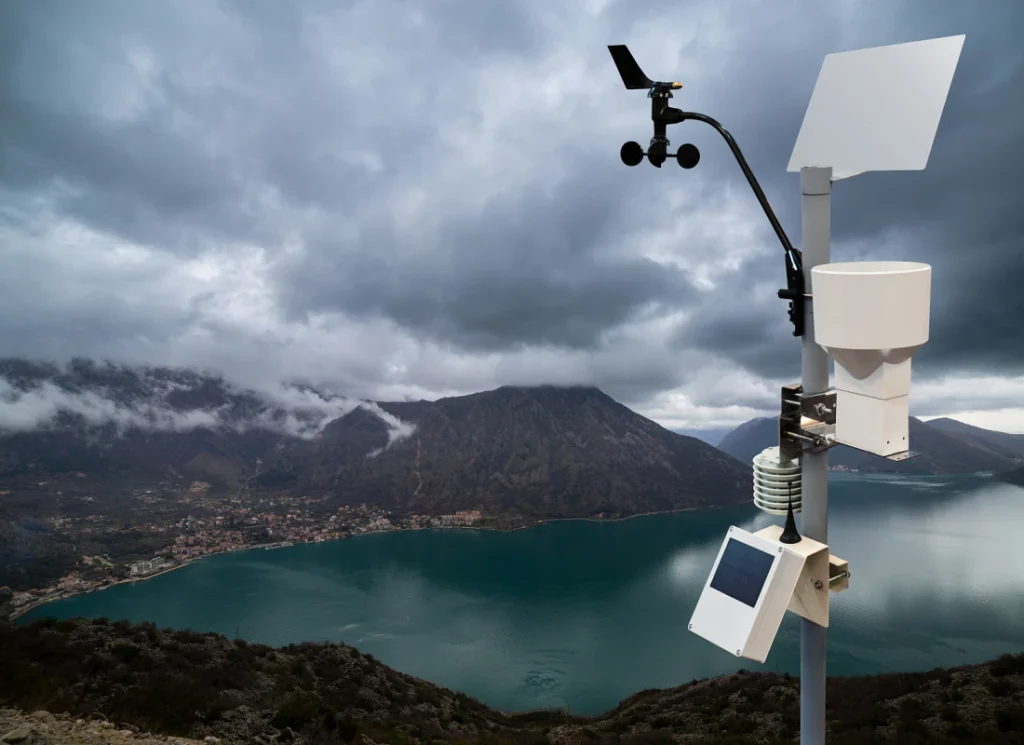
# Rainwater Sensor: Efficient Water Management Solution
## Introduction to Rainwater Sensors
Rainwater sensors are innovative devices designed to detect and measure precipitation, providing valuable data for efficient water management systems. These sensors play a crucial role in modern water conservation efforts by helping individuals and organizations optimize their water usage based on actual rainfall conditions.
## How Rainwater Sensors Work
Rainwater sensors typically consist of a collection surface and a detection mechanism. When rain falls on the sensor’s surface, it triggers a response that can be measured electronically. The most common types include:
– Tipping bucket sensors
– Capacitive sensors
– Optical sensors
– Piezoelectric sensors
Each type has its advantages, with some being better suited for specific applications than others. The collected data is then transmitted to a control system that can adjust irrigation schedules or other water-dependent processes accordingly.
## Benefits of Using Rainwater Sensors
Implementing rainwater sensors offers numerous advantages for both residential and commercial applications:
### Water Conservation
By detecting rainfall and adjusting irrigation systems automatically, these sensors can reduce water waste significantly. Studies show that smart irrigation systems with rainwater sensors can save up to 50% of outdoor water usage.
### Cost Savings
Reduced water consumption translates directly into lower utility bills. The initial investment in a rainwater sensor system typically pays for itself within one to two irrigation seasons.
### Environmental Protection
By preventing overwatering, rainwater sensors help reduce runoff that can carry fertilizers and pesticides into local waterways, protecting aquatic ecosystems.
### Convenience
Automated systems with rainwater sensors eliminate the need for manual adjustments to irrigation schedules, saving time and ensuring optimal watering regardless of weather changes.
## Applications of Rainwater Sensors
Rainwater sensors find applications in various sectors:
### Residential Landscaping
Homeowners can integrate rainwater sensors with their sprinkler systems to maintain lush lawns while conserving water.
### Agricultural Irrigation
Farmers use advanced sensor networks to optimize crop watering, improving yields while reducing water consumption.
### Urban Planning
Cities implement rainwater sensor systems in public parks and green spaces to manage water resources efficiently.
### Smart Buildings
Modern commercial buildings incorporate rainwater sensors as part of their sustainable water management strategies.
## Choosing the Right Rainwater Sensor
When selecting a rainwater sensor, consider these factors:
– Accuracy requirements
– Local climate conditions
– Compatibility with existing systems
– Maintenance needs
– Budget constraints
Higher-end models may offer wireless connectivity, data logging capabilities, and integration with smart home systems.
## Installation and Maintenance Tips
Proper installation ensures optimal performance of rainwater sensors:
1. Position the sensor in an open area where it can accurately detect rainfall
2. Avoid locations near trees or buildings that might block rain or create false readings
3. Clean the sensor regularly to prevent debris buildup
4. Test the system periodically to ensure proper functionality
5. Replace batteries (if applicable) according to manufacturer recommendations
## Future of Rainwater Sensing Technology
Emerging technologies are making rainwater sensors even more effective:
– AI-powered predictive analytics
– Integration with weather forecasting systems
– Miniaturization for wider deployment
– Improved wireless communication protocols
These advancements promise to make water management even more precise and efficient in the coming years.
## Conclusion
Rainwater sensors represent a smart solution for modern water management challenges. By providing real-time data about precipitation, these devices enable more efficient water use across various applications. As water scarcity becomes an increasing concern globally, adopting rainwater sensor technology is a practical step toward sustainable resource management. Whether for home landscaping, agricultural operations, or urban planning, rainwater sensors offer an effective way to conserve water while maintaining healthy landscapes and crops.
Keyword: rainwater sensor